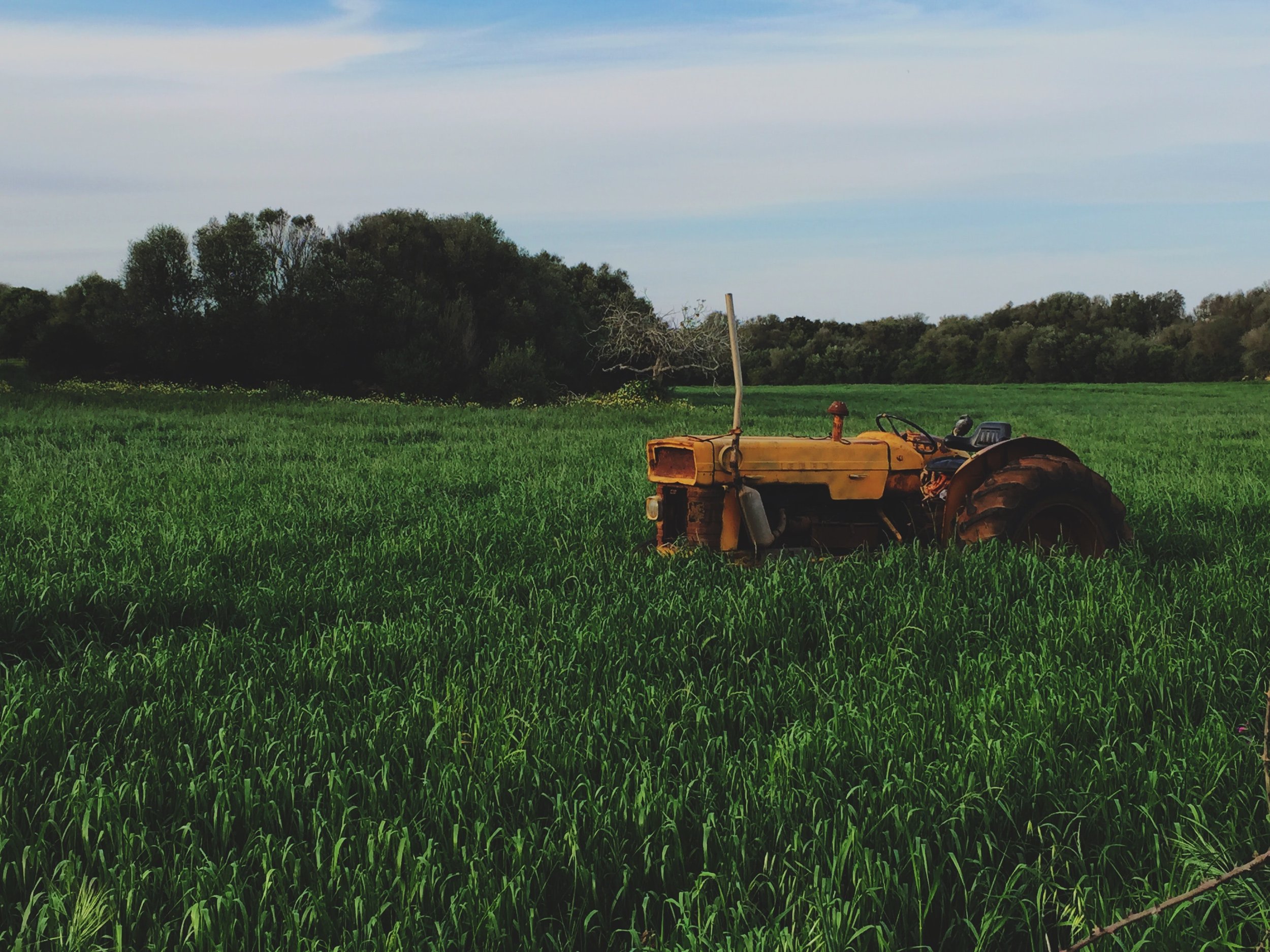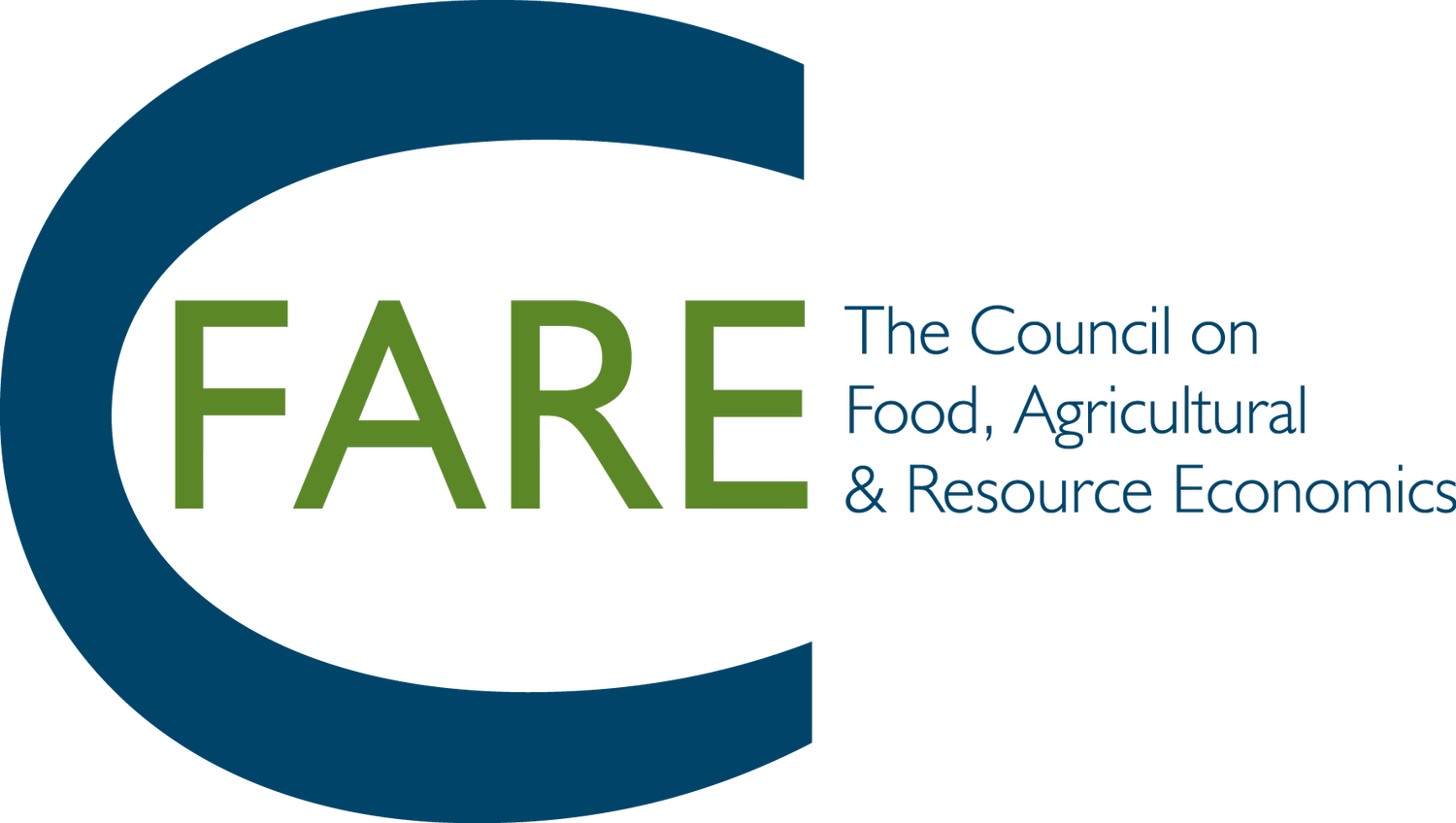
News Posts
In today’s market, graduate students may seek careers where they are tasked with evaluating policy issues and effectively communicating their results to policymakers and other stakeholders. Therefore, the Graduate Student Section (GSS) and Council on Food, Agricultural & Resource Economics (C-FARE) partner for the 4th Annual Policy Communications Competition. This competition provides graduate students with an opportunity to gain experience in both written and verbal policy communication.
The barriers and challenges of recruiting and retaining students to focus on agri-food-related jobs come from different perspectives and resource limitations, especially the transition from high school to college[1].
Recently the importance of agricultural trade for the United States was discussed which accounts for over one-third of U.S. gross farm income. However, the benefits of trade freedom or having less trade barriers go well beyond a specific industry or country as seen in the graph below.
In today’s market, graduate students may seek careers where they are tasked with evaluating policy issues and effectively communicating their results to policymakers and other stakeholders. Therefore, the Graduate Student Section (GSS) and Council on Food, Agricultural & Resource Economics (C-FARE) partner for the 3rd Annual Policy Communications Competition. This competition provides graduate students with an opportunity to gain experience in both written and verbal policy communication.
The barriers and challenges of recruiting and retaining students to focus on agri-food-related jobs come from different perspectives and resource limitations, especially the transition from high school to college
Climate change increases the probability and ferocity of these extreme events. Thus, a key element of public policy is developing mechanisms to enhance resilience and improve human welfare.
Organic production is a sustainable production system that does not involve the use of chemical fertilizers, pesticides, and other artificial agents.
Regulatory measures should target supply bottlenecks directly, when possible, alleviating labor shortages and streamlining the flow of products.
Here we are at the end of 2022, the first full year of mandatory labeling. Here are some updates.



























